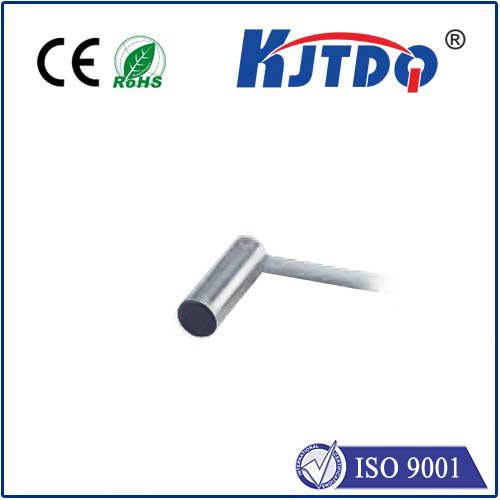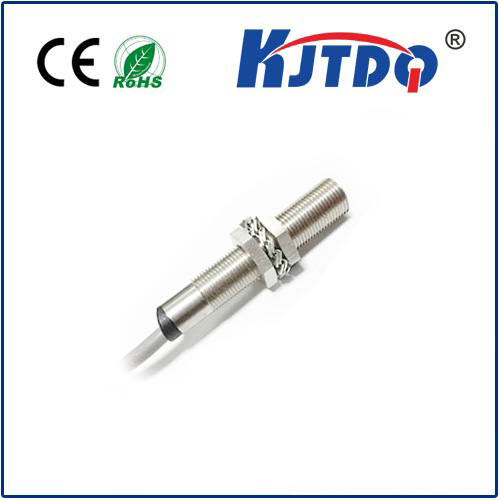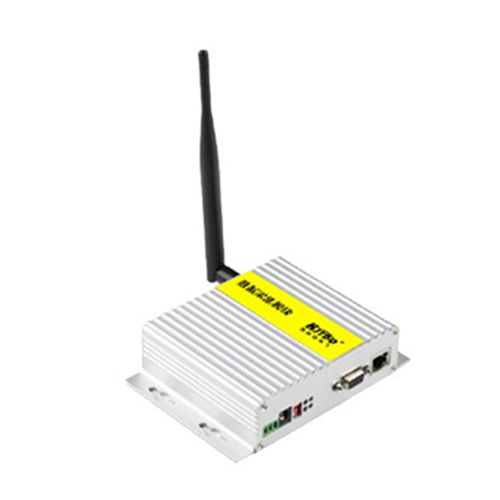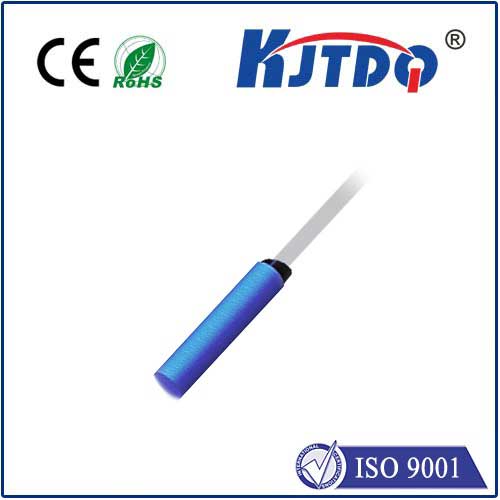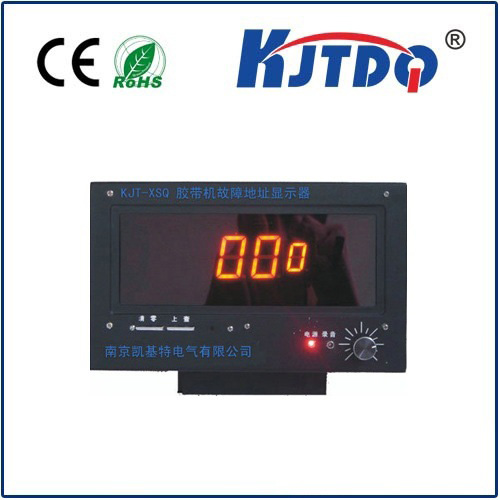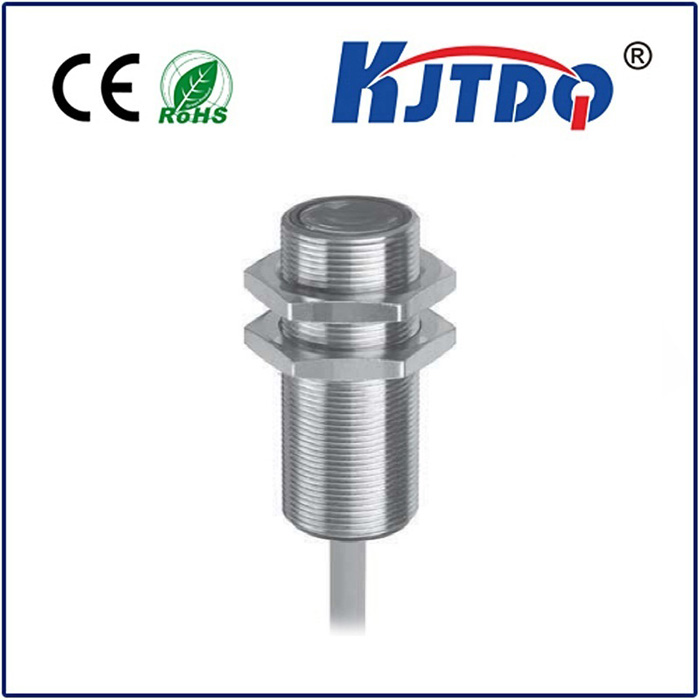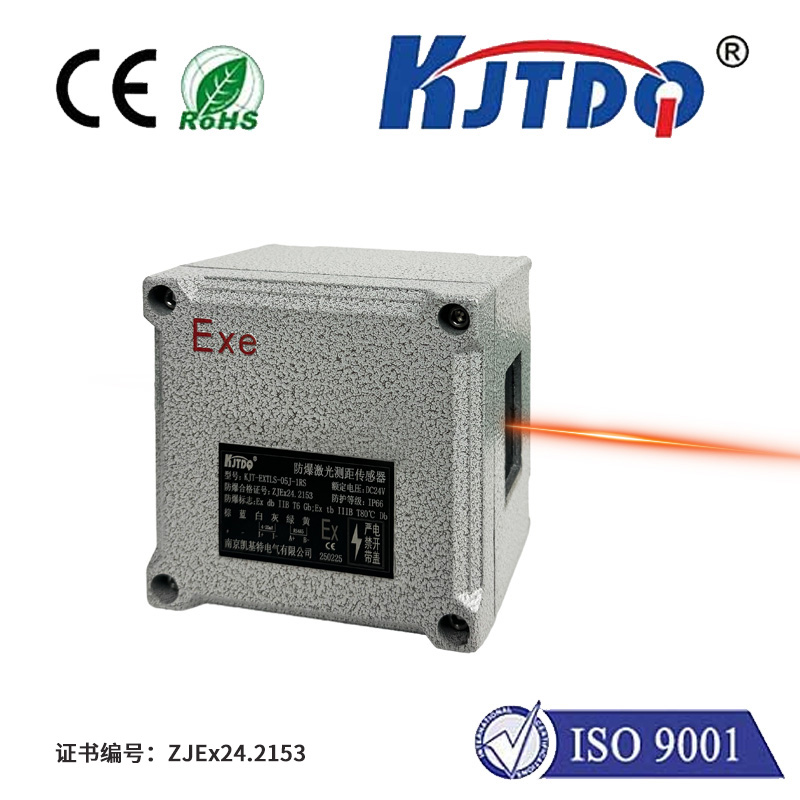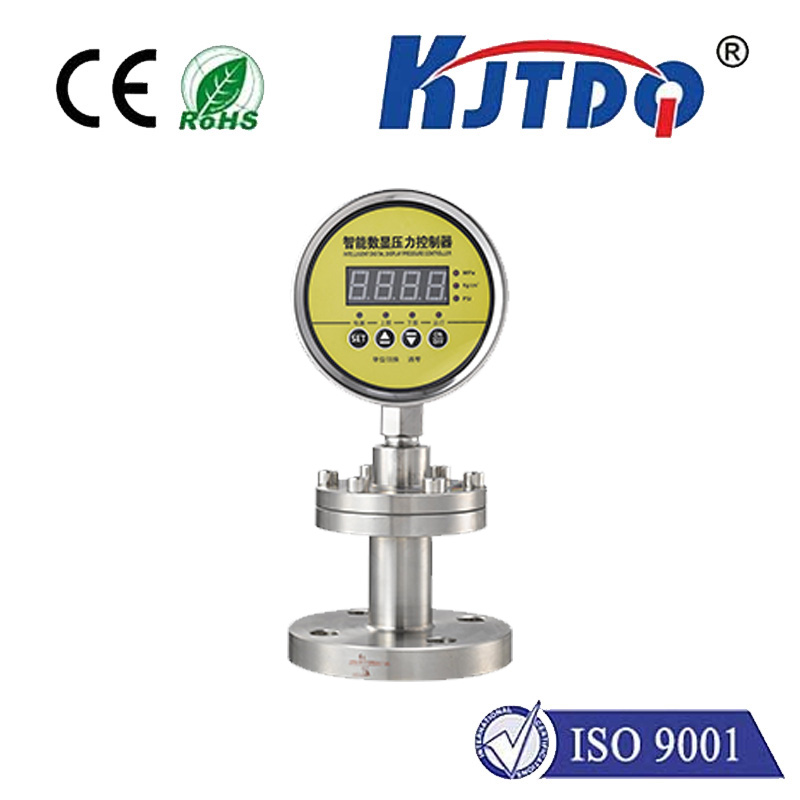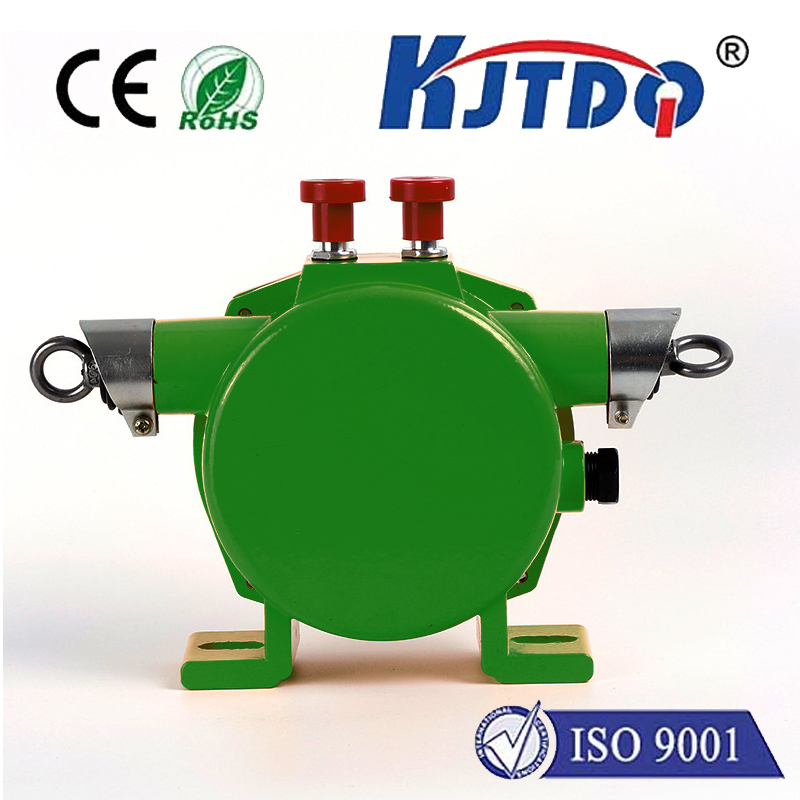

check

check

check

check

check

check

check

check

check

check
Title: Exploring the Superior Performance and Applications of Gemco Limit Switches
Gemco limit switches, a specialized type of control device, play a pivotal role in modern industrial systems. These switches are designed to signal control systems when specific positions are reached or certain actions occur, triggering corresponding control measures or safeguarding equipment from potential mishaps.

The functionality of Gemco limit switches lies in their ability to demarcate the operational boundary of mechanical equipment. Comprising a metal lever and contact point, these switches engage or disengage circuits as the lever moves to predefined positions. This mechanism ensures the machinery operates within safe and efficient parameters, making them essential in sectors like machining, metallurgy, petroleum, and chemical processing.
In understanding how Gemco limit switches stand out, it is important to briefly compare them with proximity switches. Unlike proximity switches that use magnetic sensors to detect objects without physical contact, limit switches require direct physical interaction. Proximity switches excel in automated systems, robotics, and security, where non-contact sensing is preferred to avoid wear and tear. However, Gemco limit switches' robust construction makes them suitable for environments where mechanical strength and adaptability to harsh conditions are paramount.
Gemco limit switches come in various configurations, including lateral, vertical, and compound types, each tailored to meet specific application needs. Their design often includes crucial components such as built-in microswitches and drive mechanisms, which are critical for seal performance and operational characteristics. For instance, piston-type drives are categorized into two variants – Type A and Type B – based on their sealing methods. Type A uses O-rings or diaphragms for sealing, offering superior resistance against machine cutting debris by concealing the sealant from external exposure. This feature, albeit effective, may introduce vulnerabilities such as the ingress of sand particles or cutting powders into the sliding surfaces of the piston.
Choosing the right Gemco limit switch requires a meticulous selection process considering factors such as the switch’s operating environment, the precision required, and the durability expectations. The correct model should seamlessly integrate with the existing machinery, enhancing its operational lifespan and reliability. In high-risk operations such as those involving extreme temperatures or hazardous materials, selecting a Gemco limit switch with enhanced protective features becomes imperative.
In conclusion, Gemco limit switches epitomize resilience and precision in the world of industrial controls. Their ability to withstand harsh environments and maintain accurate operational constraints is unparalleled. Whether one navigates through the complexity of machinery setups or simply seeks to understand the foundation of industrial safety mechanisms, understanding the role of Gemco limit switches is both enlightening and crucial for engineering excellence.
